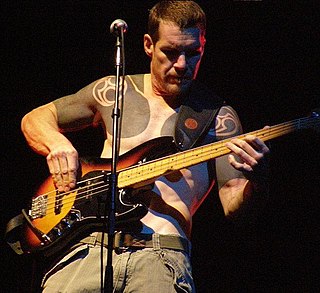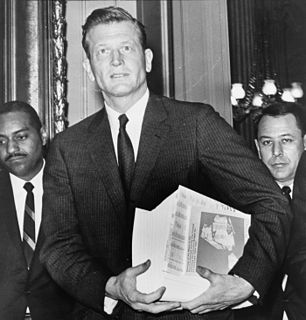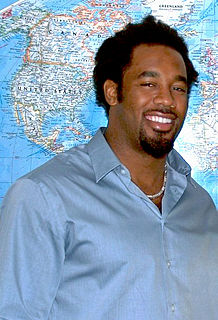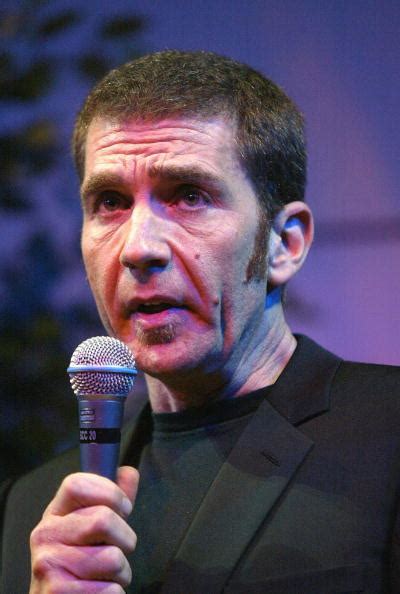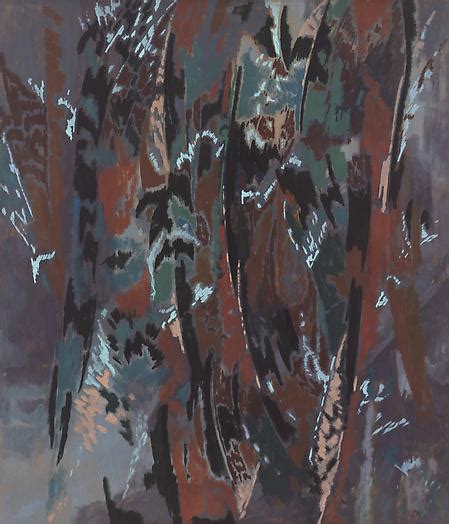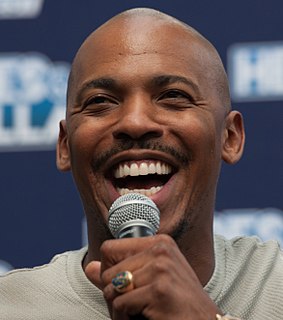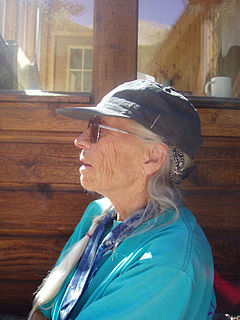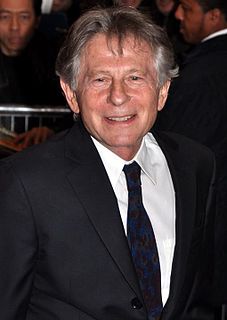A Quote by Bryce Dessner
I think that place is a huge part of pretty much any musician's work, in how one responds to an environment, whether it be your actual surroundings or the more figurative place we're all living in.
Related Quotes
There's something about the awareness of the limits that makes you tune in more to your surroundings and I've experienced a lot of pleasure or even joy in working with those alternatives and also it's made me so much more aware of just how much work we can make those sources of supply do for us, whether it's electricity or fossil fuels.
The catalyst that converts any physical location - any environment if you will - into a place, is the process of experiencing deeply. A place is a piece of the whole environment that has been claimed by feelings. Viewed simply as a life-support system, the earth is an environment. Viewed as a resource that sustains our humanity, the earth is a collection of places.
See, I think our whole society is much too problem-solving oriented. It is far more interesting to participate in 'problem creation'... You know, ask yourself an interesting enough question and your attempt to find a tailor-made solution to that question will push you to a place where, pretty soon, you'll find yourself all by your lonesome - which I think is a more interesting place to be.
If you don't want to join a union, you're gonna have much more opportunity for individual expansion, individual expression of talent and achievement. But when you go to work at a place where salaries are predetermined not by your productivity and not by your talent and not by how much you work, but rather by what the union contract is, you're locked into that no matter how good a job you do. The only option you have is overtime to make more than what standard pay is.
The purpose of seasonal festivals is periodically to revive the topocosm. Gaster coined this word from the Greek - topo for place and cosmos for world order. Topocosm means "the world order of a particular place." The topocosm is the entire complex of any given locality conceived as a living organism, not just the human community but the total community - the plants, animals and soils of the place. The topocosm is not only the actual and present living community but also that continuous entity of which the present community is but the current manifestation.


